Preventing Costly Tool Holder Wear and Tear
You’ve heard the saying a million times, “A chain is only as strong as its weakest link.” In metalworking, the chain is a complex one, made up varying components from tiny cutting inserts to the spindle housing. While we may be aware of, and understand, how each link connects, when an operation suddenly stops churning out on-spec parts, it can be supremely difficult to identify the part of the chain that’s causing the break down.
In our latest column for Fabricating & Metalworking magazine, engineering manager and product manager Alan Miller examines links in the chain that often get overlooked: the parts and pieces of the tool holder.
The holder unit, as a whole, often does get the attention it deserves, but its smaller features can wear in ways that affect cycles in ways that are very difficult to diagnose and address unless you know what to look for. In his article, “Take Care of Tool Holders, Prevent Cycle Disruption”, Alan examines what to look for and the fairly simple steps that can be taken to prevent tool holders from being the weak link. Here’s a preview of the advice he offered on three key parts of the holder assembly.
On pull studs…
“In addition to helping to maintain a consistent form longer, installing pull studs correctly ensures the taper won’t bulge at the end and disrupt spindle contact. Use a removable thread locker and a torque wrench, but definitely not a cheater bar or hammer.”
On collets/nuts…
“In testing, we found that after 500 clampings with a solid ER nut, runout accuracy changes by about 35 percent – that 12xD drill you’re using is now off center. We also found after 500 clampings that gripping force can decrease up to 50 percent, increasing the chances of tool breakage. And the price of carbide is only going up.”
On the taper…
“Trauma on a holder or spindle – dings, scratches, gouges, etc. – can magnify quickly. One bad holder can spread its problems like an illness. I’ve said it twice, I’ll say it again, if you’re seeing disruptions like these on your holders, get them out of the rotation.”
Check out our full lineup of BIG Daishowa tool holders here.

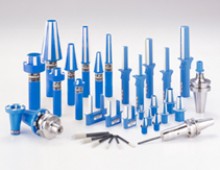
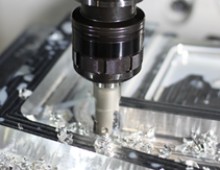
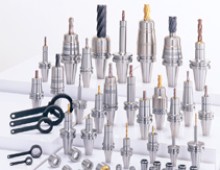
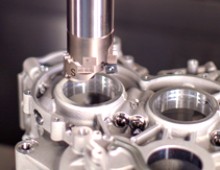

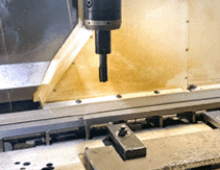
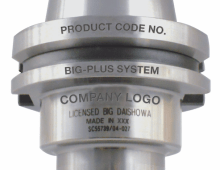
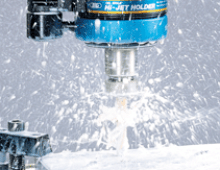
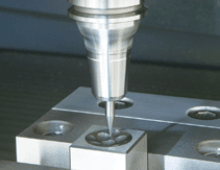

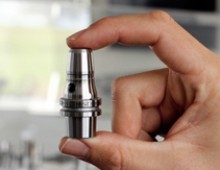
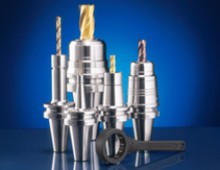

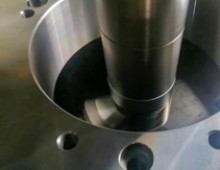
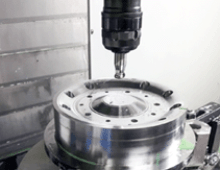
Did you find this interesting or helpful? Let us know what you think by adding your comments or questions below.